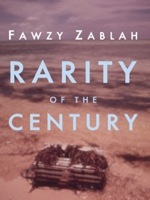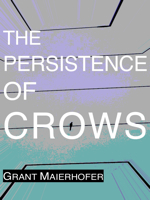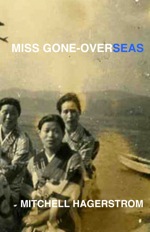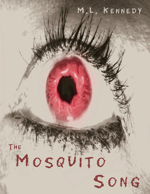Saul Bellow would have been quick to praise Sam Lipsyte’s 2010 contribution to the World of Letters, THE ASK. I don’t mean to muffle any hint of originality in Lipsyte’s bound efforts, but Milo Burke – protagonist, father, recent divorcee, self-loathing, middle-aged, out-of-shape, alcoholic Everyman having an existential crisis – is a carbon-copy of Wilhelm (SEIZE THE DAY) and the eponymous Herzog.
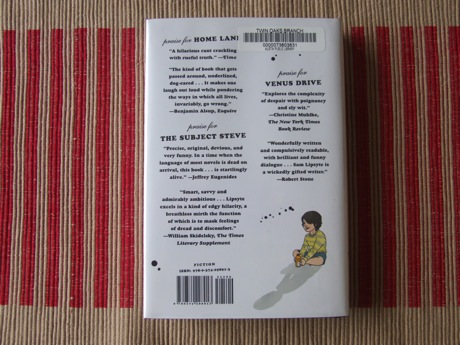
What sets Milo Burke apart, puts him in a class all his own, is his painful social interactions that often made me cringe and want to leap into the page and tell the poor bastard to shut the fuck up already, you’ve said enough, let it go, your life could be a lot easier and happier if you weren’t so maladjusted and intent on being disliked.
Take away Milo Burke’s knack for self-flagellation and you take away the pathos of THE ASK. I felt for Milo, I really did. I wanted him to win, sided with him, rooted for the scumbag, despite his lack of social grace, his gaucheness.
But then I wondered what exactly did I want for Milo.
Did I want him to get his office job back?
Did I want his wife to stop having an affair with metrosexual Paul?
Did I want Purdy to give him enough money to never have to work again?
Did I want him to leave his shambled life in Astoria and journey elsewhere, to brighter lands?
Did I want his mother to love him?
Did I want him to snort coke until he ended up another burnout on the street?
Did I want him to drink beer and smoke bowls while staring at the night sky, for the rest of his life?
Did I want him to paint again, to never quit painting, until he gained public approval?
Did I want Bernie, his son, to love his daddy unconditionally?
Did I want him to continue digging a hole through his own shit?
Did I want him to get over himself and his self-pity?
Did I want him to get sweet revenge on everyone who wronged him?
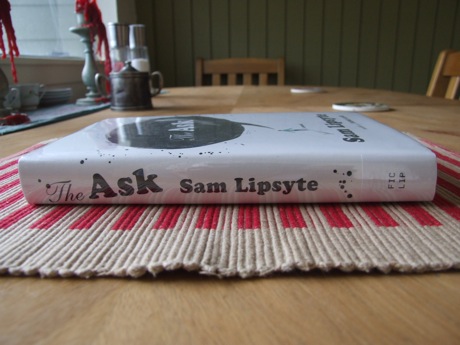
I don’t know what I wanted. I guess anything would’ve been all right. That said, I like the way Milo ended up. It made sense. It made me happy to see him living in a basement close to his son and reading books and painting again. It made me happy that he lived with an old man who scribbled in his notebook and was generally recognized as coo coo. It made me happy that Milo didn’t have to think too much about money: he got some from Purdy, he got some to look after the old coo coo, and he did odd outside jobs building wood decks, roughing up his hands.
I liked the ending, not because it made me feel better about myself, but because it shined a flickering light at the end of a darkening tunnel.
“No, I mean, if I were the protagonist of a book or a movie, it would be hard to like me, to identify with me, right?”
“I would never read a book like that, Milo. I can’t think of anyone who would. There’s no reason for it.”
“Oh.”
Q: What is it about these depressing protagonists that attract writers like Bellow and Lipsyte? Why not stick with heroes? Why not write about neurotypicals with normal ambitions and successes?
A: Because those people don’t exist in real life. Writing about them would put too much strain on your imagination.
Q: How much of yourself do you see in Milo Burke?
A: Mostly just his hands. I have the same hands as Milo Burke.
Q: Do you like your hands?
A: They’ve done a lot for me over the years. [I look at my hands, my palms] Yes. I like my hands.
Q: Is Milo Burke’s negativity a healthy example to set for impressionable minds?
A: Nothing is healthy for impressionable minds.
Q: How do you feel about Milo Burke’s take on European tourism?
Mostly, if I ever thought of Don, I just hoped he was happy. Maybe he was in Europe with Sasha. Maybe he was dead in Bangburn Balls, but still, maybe he was in Europe with Sasha. Sometimes I’d picture them in the leafy, medieval quarter of some city, strolling through a park, sitting with a coffee, a beer, tired from walking all morning, tired in the contented way when you are moving through a land of alien pain, a land that expects nothing but your money in return for the privilege of strolling and drinking coffee and beer and being forever unaccountable for this city’s particular and ancient agony.
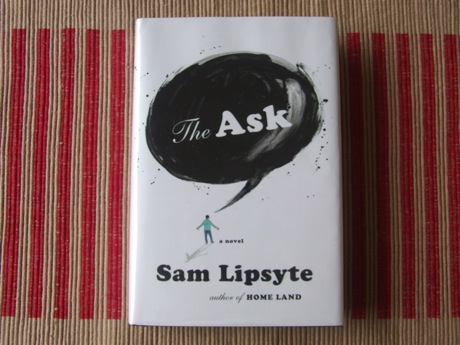
A: Good enough for a block quote.
MY RATING = ![]()
![]()
![]()
![]()
![]()



